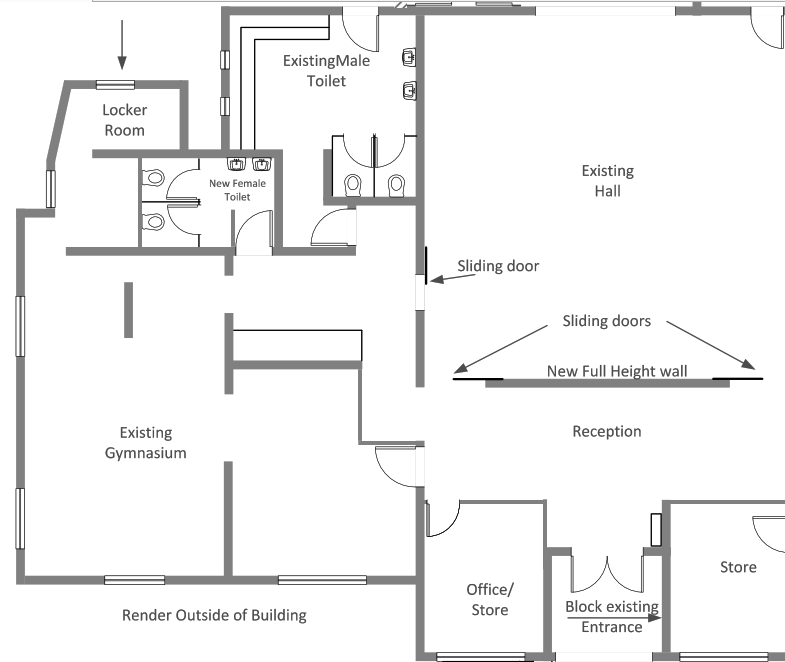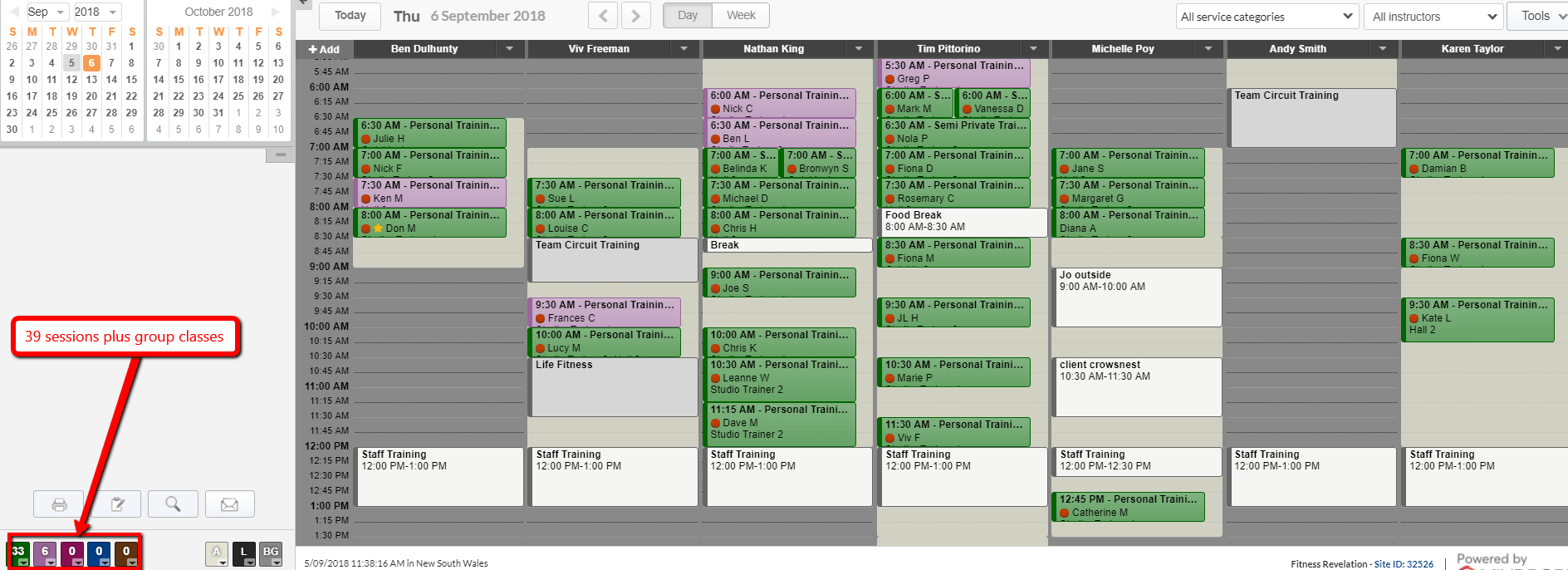5 Questions to Ask During a Client Exit Interview
Exit interviews are a MUST at our Studio. When someone leaves your studio for whatever reason, you want to know why. You need to know what made that person doubt their health and fitness journey with your brand, and what attracted them to go to a competitor?

Not enough fitness businesses take this approach when a client jumps ship. Generally, they hand in their letter of resignation (or send a text!), you stop their direct debits, and hope that one day the client will return.The truth is, the client could be leaving for any number of reasons:
- they don't have a need for your services (unlikely),
- they don't feel valued anymore (the honeymoon is over)
- they can no longer 'afford' it
- they have been injured
- they are moving out of the area
- A friend has enticed them over to their fitness facility
Whatever the reason, your departing clients are sources of valuable information about the performance of your Studio, your communication practices, the value you provide, and overall, why a client would leave your facility.
This is knowledge you can use to improve your Studio and prevent future clients from leaving you.
Conducting the Client Exit Interview
You know your clients better than anyone, so consider how the person would best provide you with the information you need. Don’t make this step an annoyance in the final days of the relationship. Should you send a digital survey? Would the client appreciate an in-person interview? Do you just send an email with a few open-ended questions? Whatever the format may be, choose the communication method that’s worked best during the course of your relationship with the client. However, if you can, try to conduct the interview in-person. This will give you a better chance of picking up on non-verbal cues that could be useful when trying to get a complete view of the relationship.
Questions To Ask During Client Exit Interview
1) How was it being a client of ours?
This is a very generic question and may illicit all sorts of responses.. so get ready! This will give you the chance to potentially update your sales tactics, improve your service offerings, and adjust your business practices to be in line with your clients’ needs. Remember: Your way might not be the right way. Keep an open mind, and you’ll discover new ways to keep your clients happy.
2) What did you like about our services?
This will give you a glimpse of what you’re doing right and what you’re doing wrong. And some of the issues that pop up could be about the services you don’t offer. This can help you get a better idea of demand for a specific service you have been considering, so take this time to learn more about why the client thinks this service is important to them. Asking this question also increases the window of opportunity to turn the meeting around and discuss how you might continue to work together. It is possible that the client was not aware of all of your Studio's services and how they could be 'tweaked' to suit them.
3) Is there anything we could have done differently?
Perhaps there’s something that is a part of your process that annoys your clients. It could be a weekly update email or a lack of consistent support from their trainer. It could be that they aren't motivated anymore, they feel unloved, or they aren't getting the results they came for.. This question will allow you to isolate the issues of concern for them, and allowing you to potentially 'fix' anything that may be able to be fixed. ie do they need another trainer to suit their goals, perhaps more attention with their outside program, or more communication from their trainer with what they should be expecting in regards to their results and timeframes.
4) Did the team communicate with you effectively?
Unfortunately, your clients will be the first to know if your employees aren’t doing their jobs. Some will let you know, others will sit in silence, letting their concerns go unnoticed and leaving you in the dark when it comes to your employees’ productivity and communication practices. Use this constructive feedback to improve internal training and provide more support to specific team members. If they're telling you all this now, it's probably too late to keep them, but again, it's great for future staff training.
5) Did we meet your expectations?
This is the final question, and it might be the one that you really don’t like the answer to. If the client believes you didn’t meet their expectations, you need to consider if and how you failed or if you did a poor job of setting expectations in the first place. If you failed, you need to review communication between the client and your trainers/Studio, what exactly was missed, and what deliverables fell short. Knowing that you failed only matters if you work to prevent future similar failures. Run a client exit interview to gain perspective on your company and how well it lives up to its promises. It’s only when a client is leaving that she may actually provide you with the truth. Value this feedback, record it, make adjustments, and always strive to be better for your next client.
Don't save the client!
On a finishing note, it's important to remember that this interview is a two way street. Yes, you are gathering feedback to improve your Studio for the future, however you're NOT obligated to try and SAVE the client by offering silly discounts and offering apologies for no reason.
Chances are, the client simply didn't see enough value in your services for the reasons they will give you.. they may not have felt enough love and started to look elsewhere.. they may not even have an alternative for their training just yet, and really just need some time out.
When responding to the clients comments, it's important to make sure you use language like "I'm sorry you feel that way" and "That's not our expectation either" if they think they have been misled or not received the value they expected. Use sympathy but never say "I'm Sorry" or "I agree, that's not on' Remember, you are simply collecting data. Don't throw your own trainers or services under the bus to preserve your own individual image and look like the good guy. It's your business, so stand tall.
Don't apologise for the way they feel, just take note to plug the holes in your Business Bucket so that the next client shouldn't feel the same.
Finally, it's OK to let a client go. If they're not the right fit for your business and are damaging the culture, simply let them walk out the door.
Do your due diligence of following protocol with this exit interview, but don't strive to save them or get them back in future. You probably just side stepped a landmine!
Yours in Fitness Business Success,

Ben Dulhunty











